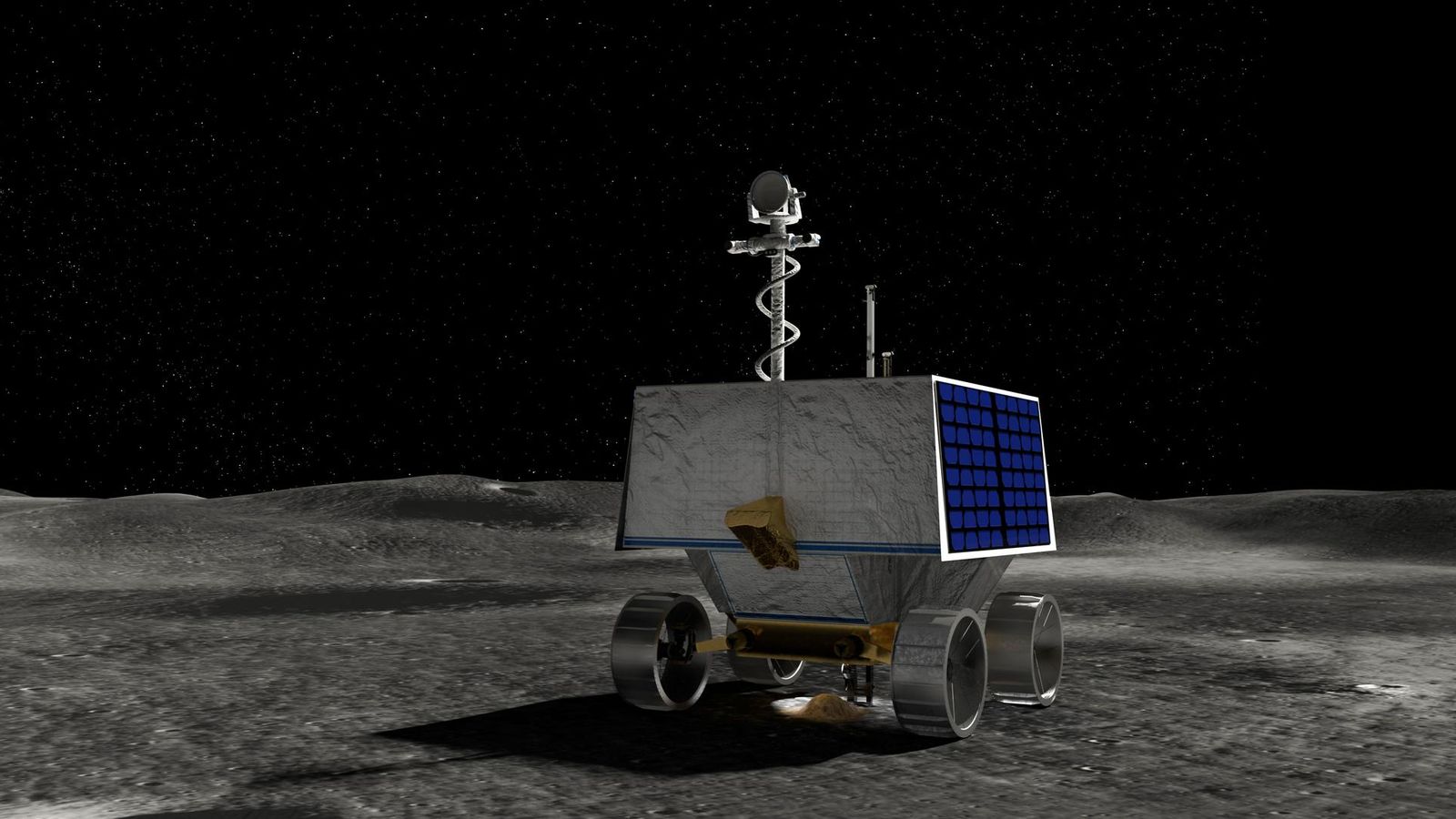NASA is offering members of the public the chance to etch their name in the stars as part of its next mission to the moon.
The VIPER, NASA’s first robotic moon rover, will touch down on unexplored parts of the moon’s south pole in late 2024 to pick apart the mysteries of its water and understand the environment where NASA plans to land astronauts.
Along with an array of scientific instruments, the rover will carry the names of potentially millions of people – all of whom will also be given a souvenir boarding pass to “be part of that risky journey”.
“With VIPER, we are going to study and explore parts of the moon’s surface no one has ever been to before,” said Nicola Fox, an associate administrator at NASA headquarters in Washington.
“Just think: our names will ride along as VIPER navigates across the rugged terrain of the lunar south pole and gathers valuable data that will help us better understand the history of the moon.”
To make the list, names must be received by the end of 15 March 2024.
It’s not clear how the names will be attached to this rover, but a similar mission to Jupiter’s moon Europa will see names stencilled with electron beams onto silicon chips roughly the size of a 5p coin – with each line of text just 1/1000th the width of a human hair.
SpaceX launch: Secretive US spaceplane launches on Falcon Heavy rocket that can take it further than ever before
4.5 billion-year-old asteroid could reveal the origins of life on Earth
Image from James Webb telescope captures heart of Milky Way in ‘unprecedented detail’
Read more:
True colour of Neptune revealed in new images
India lands craft on moon’s south pole
Be the first to get Breaking News
Install the Sky News app for free
Daniel Andrews, VIPER’s project manager, hailed the rover as a “game-changer”.
“It’s the first mission of its kind, expanding our understanding of where lunar resources could be harvested to support a long-term human presence on the moon,” he said.
Once VIPER – short for Volatiles Investigating Polar Exploration Rover – lands on the moon, it will rely on its solar panels and batteries for its roughly 100-day mission.
It will need to tolerate extreme temperatures and challenging lighting conditions, all while powering a suite of instruments to gather data about the lunar ice and other possible resources.
Developed under its Artemis programme, the rover will also scope out the environment for plans to send the first woman and person of colour to the moon.
NASA is allowing people to submit their names for VIPER mission “boarding passes” on its website.









